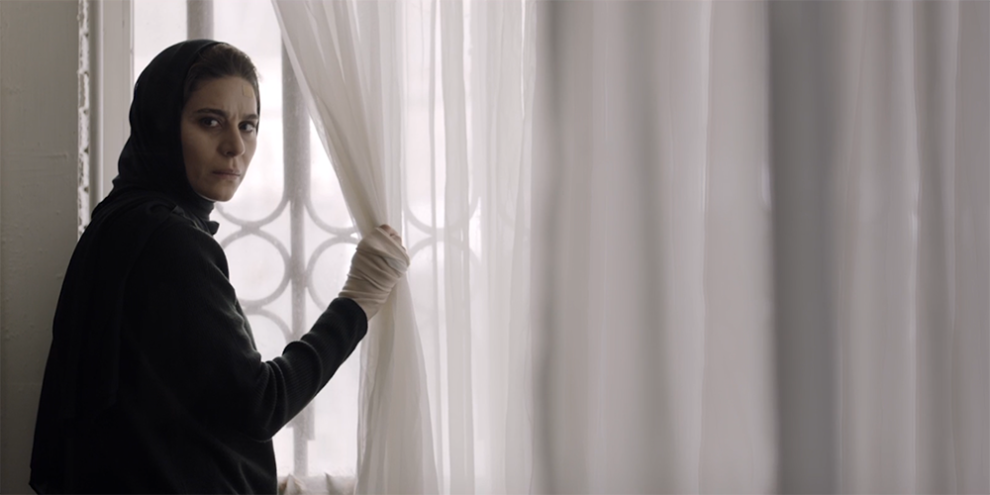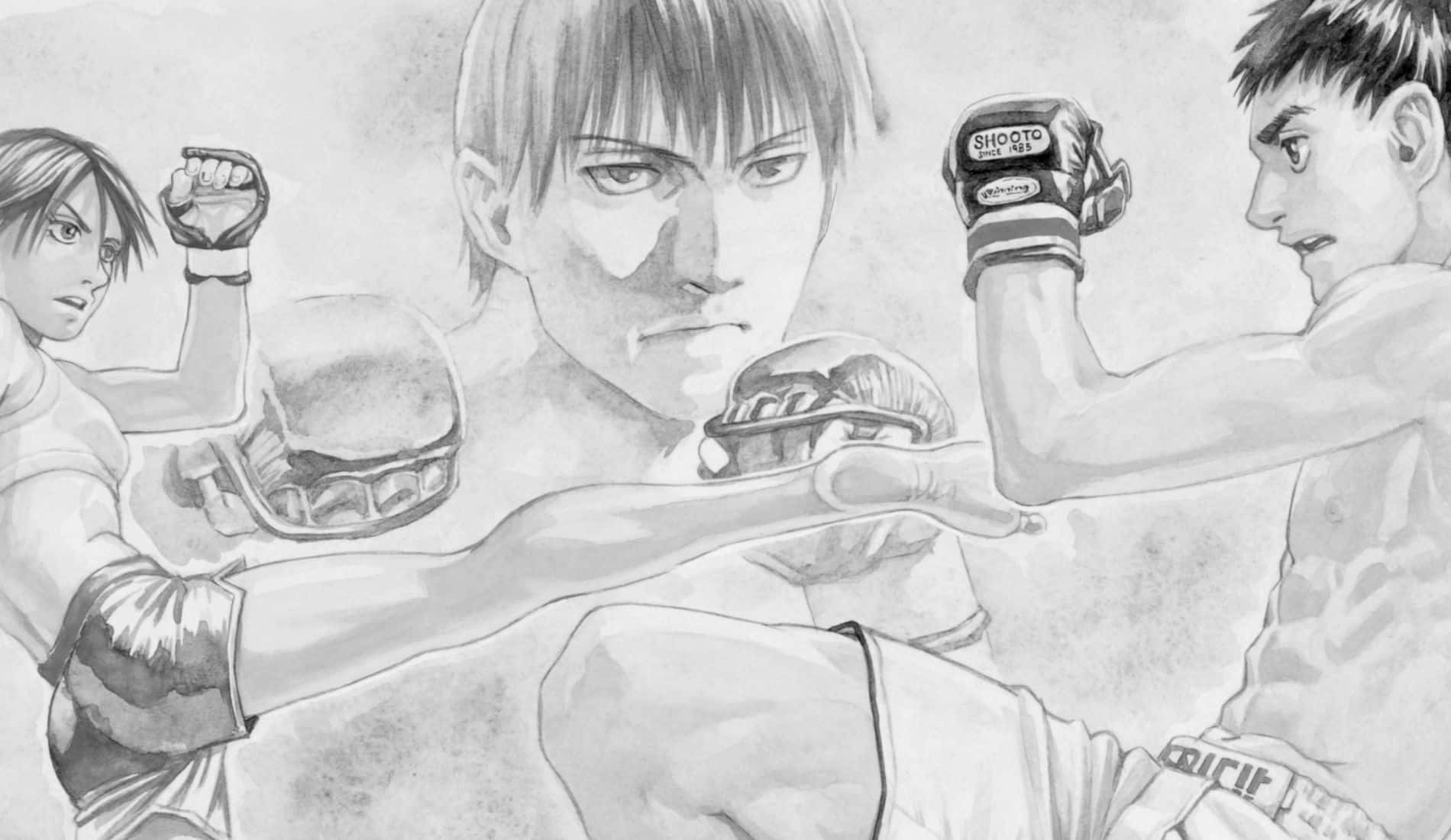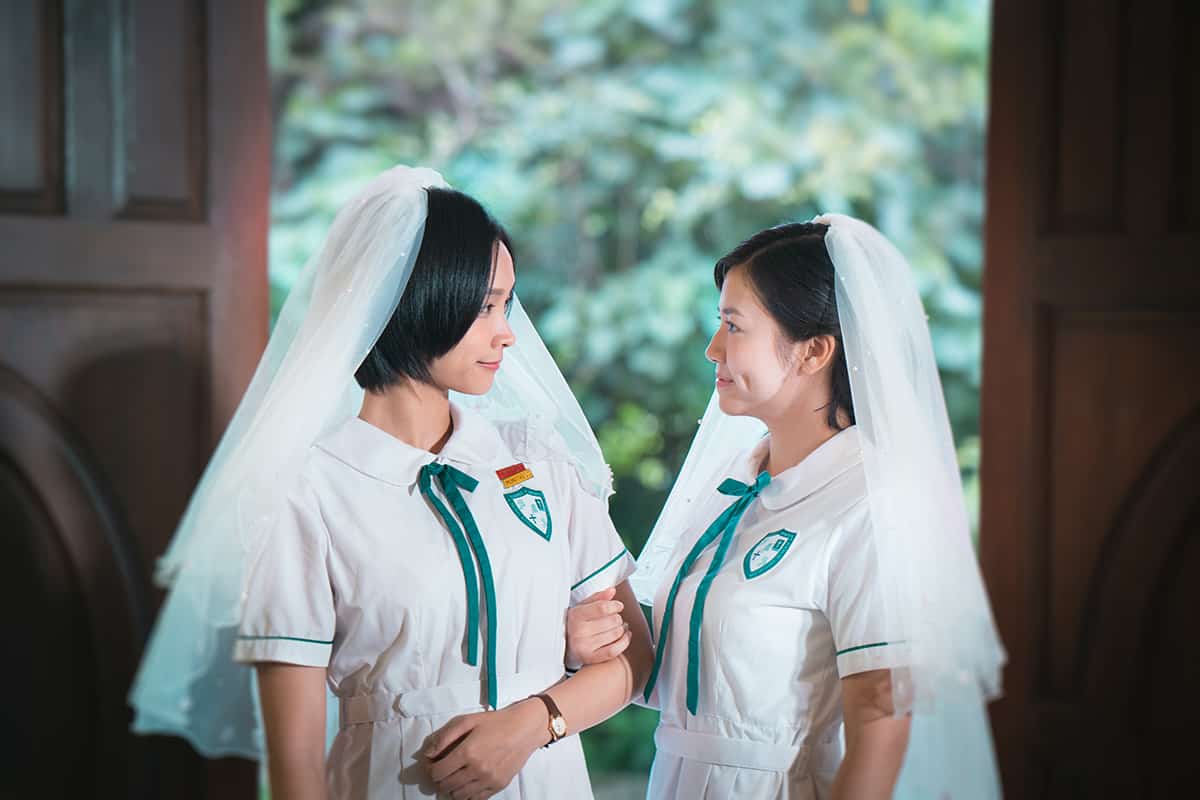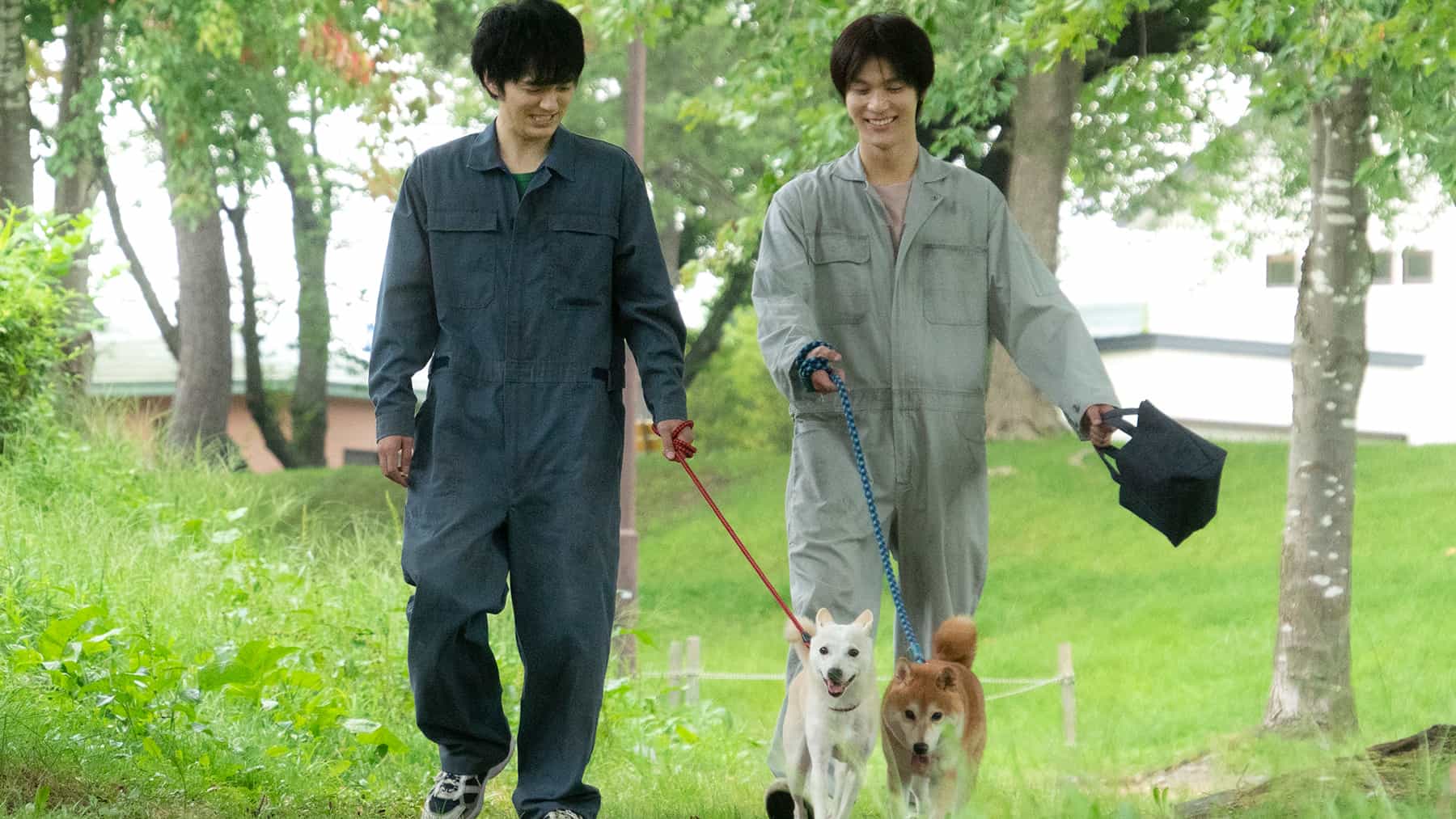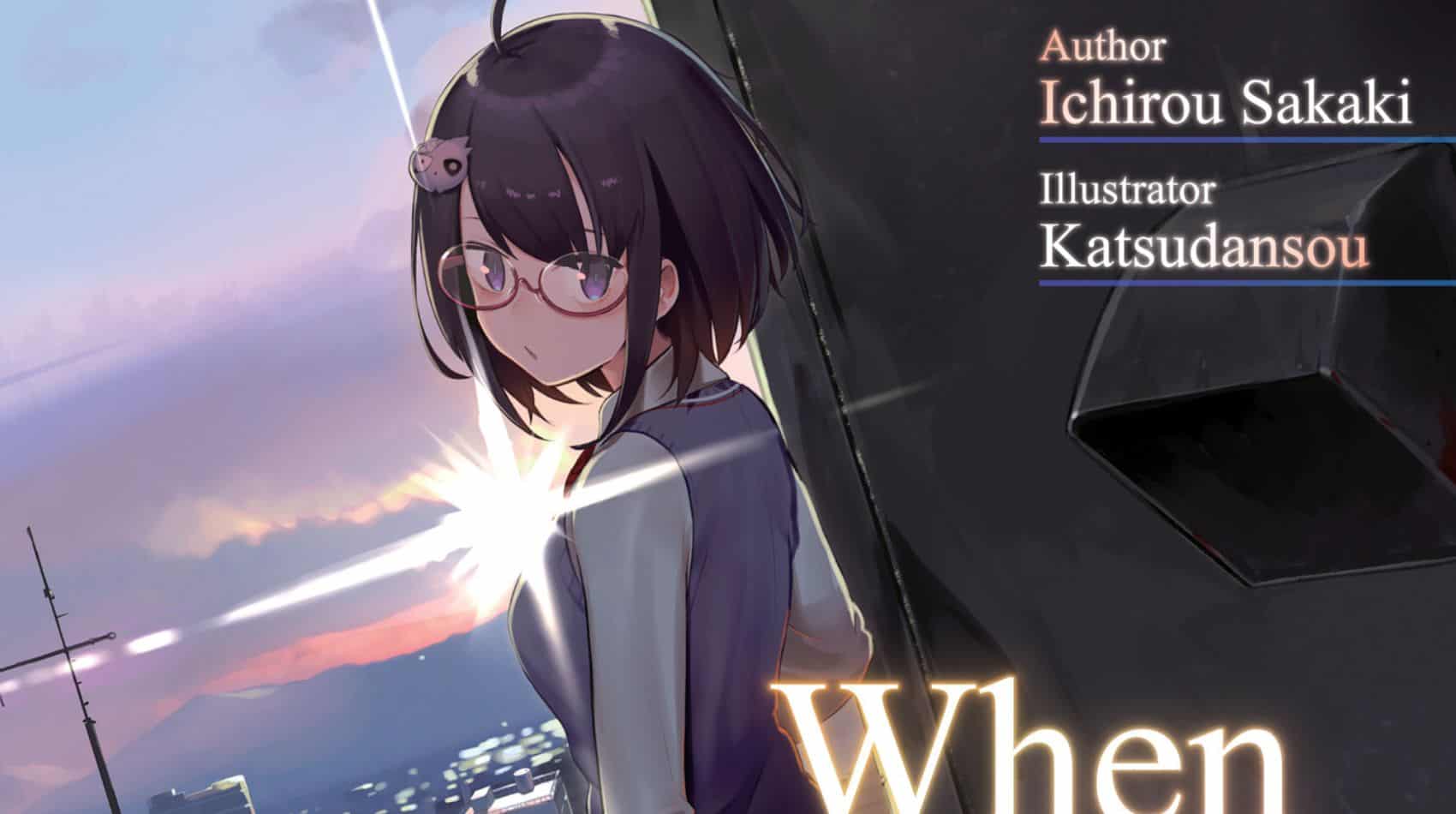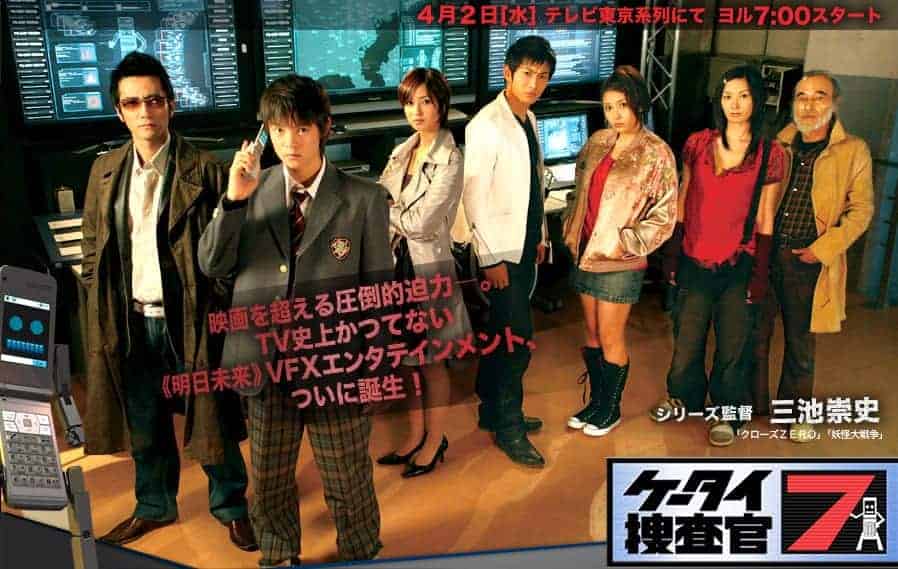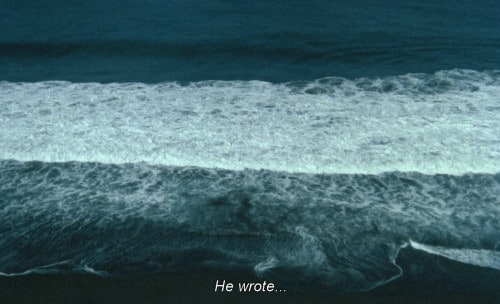Fear is a destructive force, it can make you behave against your moral code, push you to make regrettable choices and drive you insane. This is something that director Farnoosh Samadi must know very well, being Iranian and – even more – being an Iranian woman. Her feature-length debut “180° Rule” is a classic family drama which echoes the Iranian patriarchal society and the climate of fear that keeps it firmly in place.
“180° Rule” is screening at the BFI London Film Festival

Central character Sarah (Sahar Dolatshahi) is a well-regarded middle-class teacher; she is empathetic and reliable, as we soon learn when one of her teenage pupils is in trouble. The girl has taken some pills in a clumsy suicidal attempt and she feels confident enough to confess to Sarah that she is pregnant and scared of her father's reaction and she makes Sarah promise to keep the secret despite her advice to talk at least to her mum. On the personal side, Sarah is radiant and looking forward to going to a family wedding in the mountains North of Tehran; she has already bought a lovely dress for her five-year-old daughter Raha who will be the bridesmaid and will sing a love song at the ceremony. Contrarily, her husband Hamed (Pejman Jamshidi) looks rather indifferent to the event, so much so that he ends up asking for the days off too late and being sent to a business trip on those very days. Skeptical of Sarah's driving abilities, he then forbids wife and daughter to go at once.
Sarah at this point will make a decision that will change her life. She chooses to go to the wedding despite the husband's ban and she drives with Raha to the mountains where the dreamy scenario of the winter wedding soon turns into a nightmare as tragedy strikes. In a haze of pain and sedatives, Sarah doesn't think of anything else than disguising her disobedience within a net of stupid lies in which she entangles her unconditionally supportive family too. And when she's given a slight possibility to explain her actions in court, she locks herself into a total silence.
Based on real events, Samadi's first feature film after 3 increasingly successful short ones, is not an easy work. It's highly dramatic and is a real punch in the guts; we assist, unable to intervene, to a self-destructive behaviour that appears fool to say the least. However, although Sarah is not defending herself or reacting to the violent treatment received, she is making a strong statement with her silence. At the core of the whole story and of the Iranian society, there is a fear that imbues the fabric of the society, a fear that women experience all their life. Sarah's choice to stay silent is a sort of passive aggressive “J'Accuse!”; it's like screaming that – sadly – there is no point or use in talking action. This is a fatalistic, devastating tale of an impossible atonement; in a world where there is no expiation and redemption, Sarah has no voice.
When the subplot of her pregnant pupil crosses the main narration, all became even more crushing on Sarah. The finale does feel slightly rushed; however, its shocking impact is none other than amplified by the surprise affect.
As a striking contrast to the infinite shades of grey that constitute the protagonist's realm, the wedding scene in the winter forest at night is a eulogy to love and beauty. One of those unforgettable cinematic experiences, it is a joyous, fairy-tale night, full of peace, family love and bliss; something so beautiful that makes a little disobedience seems legit. I am not sure if the all-white dress code is a real Iranian tradition or if it's just an inspired touch of the filmmaker, but nevertheless it is a memorable dreamy fresco of pure love, a safe island before the storm. The cinematography by Masood Salami and the composition of the frames are exquisite and not just in the wedding part.
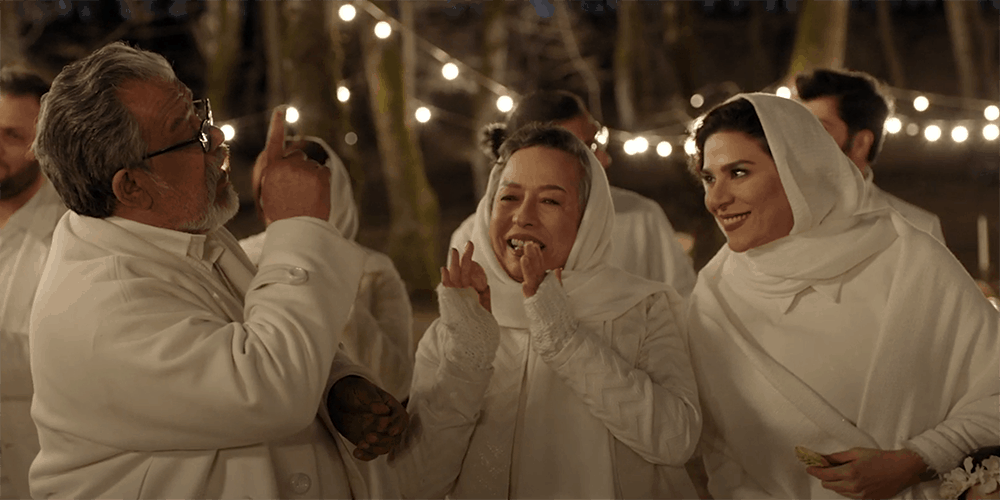
With a terrific command, Sahar Dolatshahi goes through the narration without losing grip and carries the film on her shoulders. Particularly touching is her portrayal of Sarah's fear-induced insanity in the aftermath of the tragedy. All the cast is excellent, Pejman Jamshidi, despite being a regular of comedy roles, gives Hamed a touch more than just the authoritarian traits and Sarah's family members, especially the mother, are beyond compelling.
The title “180° Rule” refers to a guideline concerning the on-screen spatial relationship between a character and another character, a rule that, when broken, disrupts the scene and disorients the audience. This is a hard-to-swallow movie that makes a strong statement about a malignant seed of control, deeply rooted in patriarchal societies.


